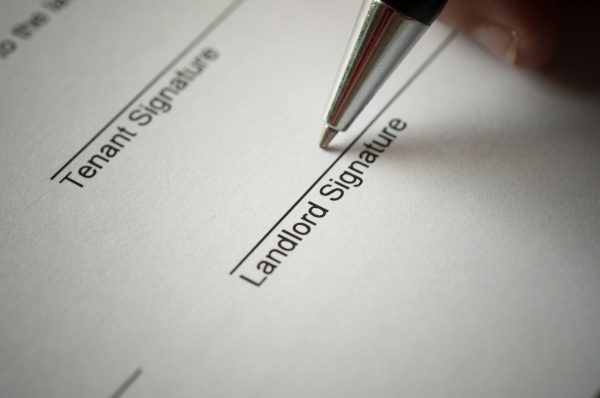The current energy crisis, gas and electricity bills that makes eyes water has brought even more attention to the matter energy efficiency in Britain’s homes and businesses. Therefore, landlords should be aware of the ways that energy efficiency affects their business and their purchase to let. What landlords are particularly required to be aware of is the Minimum Energy Performance of Buildings Bill, which could mean that new rental properties will require an EPC rating that is a minimum of C by 2025.
In 2018, for new tenancies, and in 2020 for existing tenants in 2020, there is a Domestic Minimum Energy Efficiency Standard requires that a property be equipped with an EPC with a minimum band E in order to be let. Properties that have the EPC rating of G or F cannot be let out until work has been completed to improve their energy efficiency, or when they qualify for exemption.
An Energy Performance Certificate (EPC) is a vital document for landlords renting out their property. This document is a requirement for new tenancies and all existing rented properties. It helps landlords know whether their property meets the current minimum standards for energy efficiency and emissions. The new energy efficiency standards are backed by the government’s commitment to reduce the nation’s carbon emissions and save energy.
EPCs are a legal requirement for all properties in England, Wales & Northern Ireland. They contain detailed information on a property’s energy efficiency and carbon dioxide emissions. The EPC is issued to landlords or letting agents and is valid for 10 years. The new EPC regulations mean that landlords and letting agents must ensure their properties meet the new regulations or risk incurring huge fines.

close up view hand of property realtor / landlord giving key house to buyer / tenant.
Requirements for landlords
The Domestic Minimum Energy Efficiency Standard (MEES) Regulations and specifically the Energy Efficiency (Private Rented Property) Regulations provide an improved energy efficiency for residential private rental properties.
The proposed changes will mean that for all new tenancies that begin at the end of December 2025, a property would be required to have the minimum EPC rating that is C. The proposals also stipulate that all existing leases would require a minimum EPC rating that is C starting in December 2028.
The changes to the Energy Performance Certificate (EPC) requirements are not yet in place, as the proposed Bill has not yet been passed, but landlords should prepar now. While they won’t have to renew their certificates automatically every ten years, they should consider implementing measures to ensure they are compliant. It is also a good idea to keep up with the latest news and updates regarding the rental market.
The new regulations aim to make homes more energy efficient and cut carbon emissions. They will require new tenancies to have energy rating band “C” by December 2025. Older buildings may have a hard time meeting this standard, but improvements such as smart meters can help them. As the Green Homes Grant, which offered up to £5,000 closed March 31st 2021 it is expected that a similar grant will be made available if the proposed Bill passes through parliament.

Rental agreement form with signing hand and pen.
Exemptions from the EPC C Requirement
At present, some rental properties can be exempted from an EPC rating that is E. The chances are possible that there will be exemptions in the new rules that are proposed.
• Places of workship
• Buildings that are about to be demolished
• Temporary buildings used for less than two years
• Entirely detached commercial buildings with a maximum floor area of 50m2
• Industrial sites, workshops and non-residential agricultural buildings with low energy usage
Local authorities currently have to enforce violations in MEES. Local authorities are responsible for enforcing violations of MEES regulations. Landlords who’s property does not satisfy requirements of the EPC standard could face fines of up to a maximum of £5,000. Similar enforcement rules are likely to be in place when new regulations are implemented.
